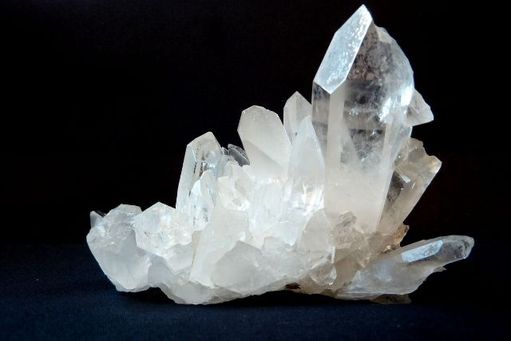If we judge Quartz and Quartzite by their names, then we might perceive that they’re probably the same thing. Well, these two materials are essentially quite different. The major difference between quartz and quartzite is that quartz is an artificial material, whereas quartzite is an ordinary natural stone. A quartzite countertop instigates as sandstone and because of the natural process of heat and pressure with sparkly quartz crystals a quartzite is formed.
Difference in composition
Quartzite characteristically exists in different shades of white or light grey, but raw materials in this stone can lend rosy, golden, or reddish-brown tones. A quartz countertop is engineered with similar quartz crystals found in quartzite, but with the help of a man-made procedure, we muddle the crystal with gums, different colors, and other materials such as bits of glass. Consequently, it delivers a very hard-wearing, non-porous countertop material that comes in an extensive variety of insignias and designs.
Stylistic differences
- Apart from the difference in composition of these two materials, the stylistic differences are fairly conspicuous as well. People have often mistaken Quartzite for marble or granite, as it possesses the subtle veining of marble and like pigmentation and design to some granites. People who are seeking a natural look with lots of movement might favor a quartzite countertop.
- On the other hand, Quartz can made to look like any stone. In addition, it ialso offered in many diverse shades and designs. If someone has a specific color in mind, or they want an unswerving pattern throughout their slab, then a quartz countertop will probably be a better choice for their homes.
The difference in care routines
- Another major difference exists between the care routine of quartz and quartzite and the durability of each material. The binding process of quartz makes it tremendously hard-wearing as it aids to extract air. Its hard surface is non-porous so it is resistant to chipping, scratching, and bacteria as well.
- Quartzite is a hard stone, but it’s less dense as compared to quartz and vulnerable to easily staining in a heavy use area such as the kitchen. Quartzite needs sealing to stop the staining of the surface, while quartz needs practically no looking after.
If someone loves a plethora of varieties and wants an unswerving look to their countertops, or perhaps they are looking for a strong material that won’t break the bank, then quartz might be the perfect choice for them. On the other hand, if someone doesn’t mind a little maintenance in exchange for a good-looking, one-of-a-kind natural look then they should not dismiss quartzite countertops.
The difference in physical properties
Quartzite possesses an interlocking crystalline structure which makes it a hard, tough, durable rock. This characteristic separates true quartzite from sandstone. It usually comes in white and gray tones but yellow, orange, brown, green, or blue colors are also available because of some impurities. It is possible to give some particular shapes to both materials with tools such as ax heads and scrapers. Quartz Characterized by its glassy luster and crystal form.


